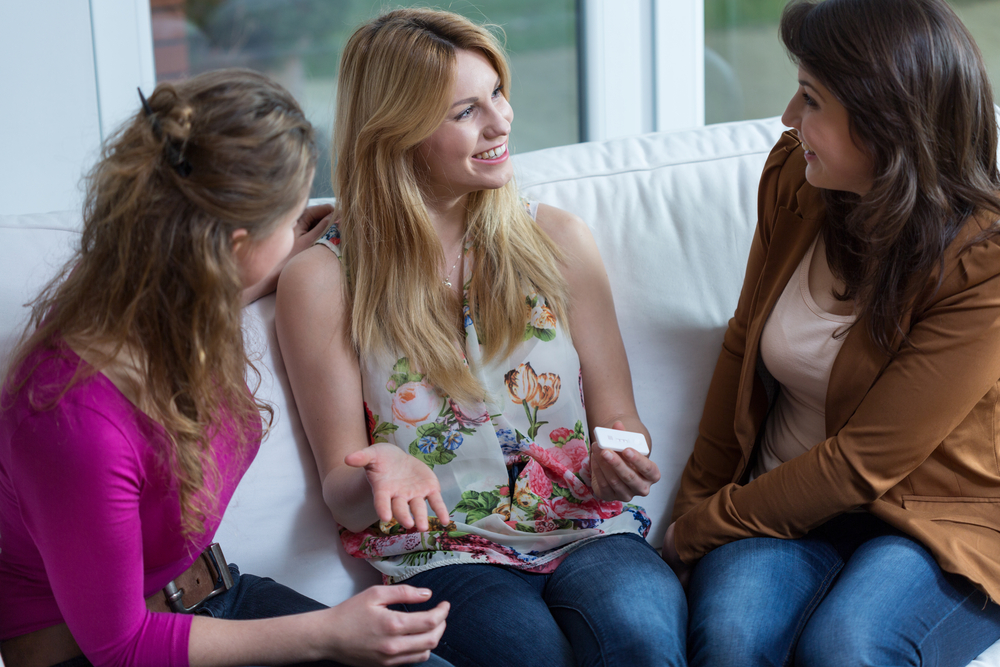Fostering a child can be an extremely rewarding experience for foster carers and their families. So, who can foster and how do you tell your family that you intend to become a foster carer?
The foster carer process and becoming a foster carer is not about qualifications, it’s about your ability to offer a young person a stable home to grow up in. No matter what your relationship status, gender, age, sexual orientation, skin colour, religion, or whether you have children of your own or not, you can be considered to become a foster carer.
“The fact that I’m a grandma has no bearing on my ability to provide suitable care –age provides great experience. We take part in lots of family activities together, my own children and grandchildren with foster children all together, having lots of fun”.
(Linda Tellwright, a grandmother from Stoke and current foster carer to a 17 year old).

When fostering a child, there are a number of different types of care to consider . Placements can last for days, months, or even years and allow children to live in a supportive and caring home environment when they are not able to live with their own parents or legal guardians.
Your own decision to become a foster carer was unlikely to be something you decided to do in the spur of the moment and therefore telling your family also needs similar consideration and planning.
Whether you are planning to foster as a single carer, a partnership or whether you already have a family of your own, here is some foster caring advice that may help you plan how you can best inform your family.
Foster caring and relationships
Be pragmatic – some family members will be more supportive than others and it is absolutely your choice as to whom you share your news with. Ensure that when you do, share your news with wider family members, you have a list of facts to impart AND answers to their trickier questions that are likely to come up.
Try not to feel that you are justifying your decision, you are simply paving the way for fostering a child and ensuring that your wider family understands how they can best support you and be involved with your foster child.
“I have a fantastic support network of family and friends around me and this is important to any foster carer”.
(Claire Hogg (46) from Nottingham has been a single carer for over eight years)
Effects of fostering on the family
Opening up your home to a new child is something that needs to be ‘OK’ with everyone active in the household dynamics, this includes children you have living at home as well as children who have flown the nest.
“I have a 19 year old son and a seven year old daughter of my own. They’ve adapted really well to being a foster family – my daughter was only two when we started and doesn’t know life without foster children. They are all the same age and are like normal brothers and sisters; one minute they are arguing and the next they’re full of love for one another!”
(Malika Azahri, 37, and husband Phil, 36, live in Norwich and have been foster carers for just over five years).

Tell your children WHY you want to foster and be prepared for LOTS of questions. Be clear that it isn’t always going to be about ‘arrivals’ but also ‘goodbyes’
Share key facts with your own children about new foster child placements so they can understand, adapt and learn to circumstance
Proactively manage your time to ensure that jealousy doesn’t become an issue. Plan to ‘parent’ all children equally with a mixture of individual and group activities and be ready to fine-tune your approach on a daily basis
Your alone time with your own child/children is very important as is alone time with a foster child but planning family activities is vital when it comes to creating a strong bond and stable environment